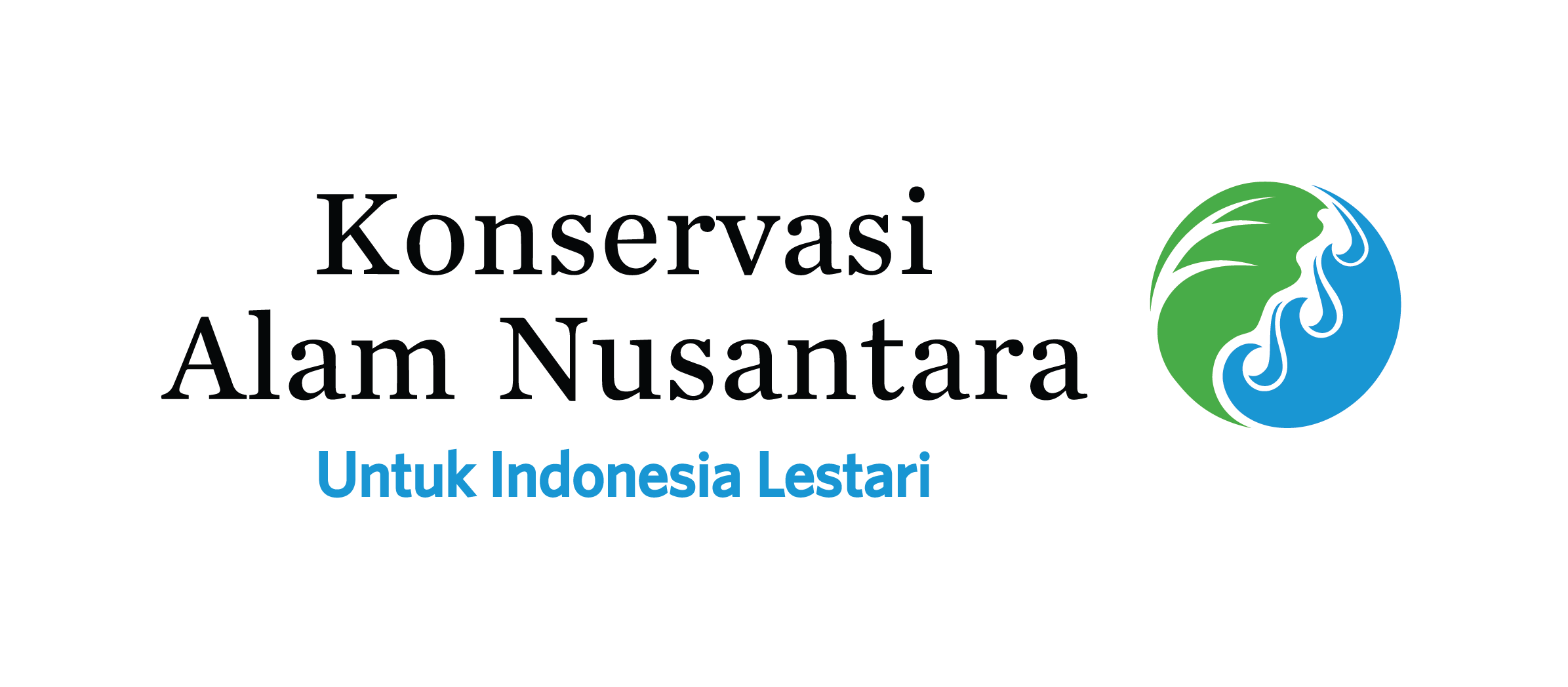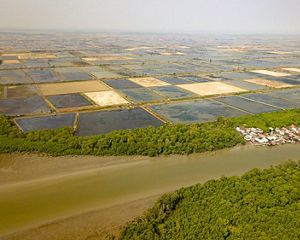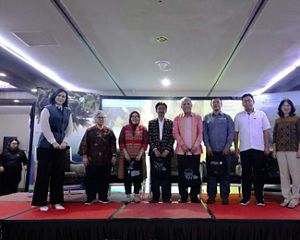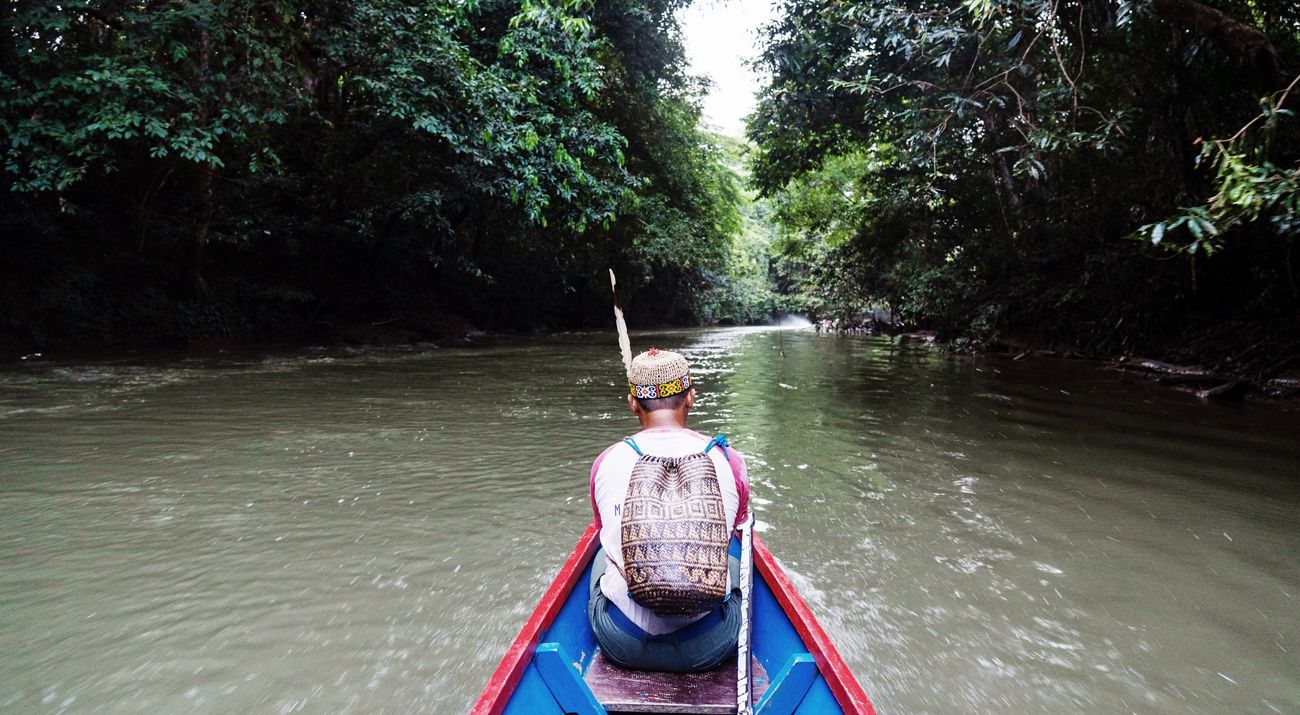
This story is part of Matt Miller's writings; Stories from the Kalimantan Forest (link), Encounters with Orangutans in Kutai National Park (link), Being in the Wehea Protected Forest (link), and Experiences in the Gunung Gajah Abadi Concession (link), which are stories from his journey with YKAN and its partners, TNC and Arhaus, in January 2025, in the forests of East Kalimantan.
Read: The FishFace system is a breakthrough for preserving fish populations in Indonesia
The active role of communities in managing forests and their natural resources is crucial to ensuring the sustainability for both humans livelihoods and nature. Here's a reflection on this concept in Kampung Merabu;
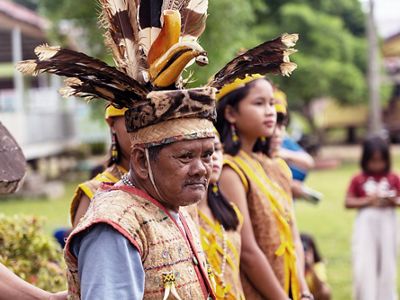
Our final stop has us traveling up a forest river via motorboat. As we round a bend, two Asian small-clawed otters frolic along a riverbank.
We’re visiting Merabu village, one of TNC’s first community-led conservation projects developed in collaboration with YKAN. It’s become a model for shaping what community-led conservation can be, says Ruslandi.
For centuries the forest has sustained the Merabu community. Today, residents sustainably harvest forest products, including wild honey and medicinal plants for sale. They have also developed an ecotourism program that includes caves with ancient human handprint paintings and hikes to limestone cliffs and Nyadeng Lake, a site on today’s agenda.
Our guides lead us through a forest to the lake, a stunning turquoise body of water surrounded by trees. I stare into the aqua-clear depths. Schools of fish dart around.
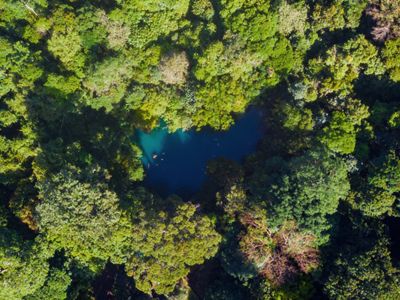
I also reflect on the past few days and the different conservation strategies I’ve seen in action. Borneo’s forests face significant and well-publicized threats. Addressing them will require this multifaceted approach. Sustainable logging and selling wild honey, employing forest guardians and developing ecotourism, research and monitoring—all play a role. And most of all, the forest protection must be led by local communities and reflect their own aspirations for the forest.
Our group is sitting, relaxing after a few busy days of travel. Ruslandi smiles as he sees me enjoying the stunning scenery. “The communities are the leaders here. They are the key to the conservation of Borneo’s forests and biodiversity,” he says. “We are here to support them. We can provide science and help them shape what they want their future to be. But this is the reflection of their dream.”
